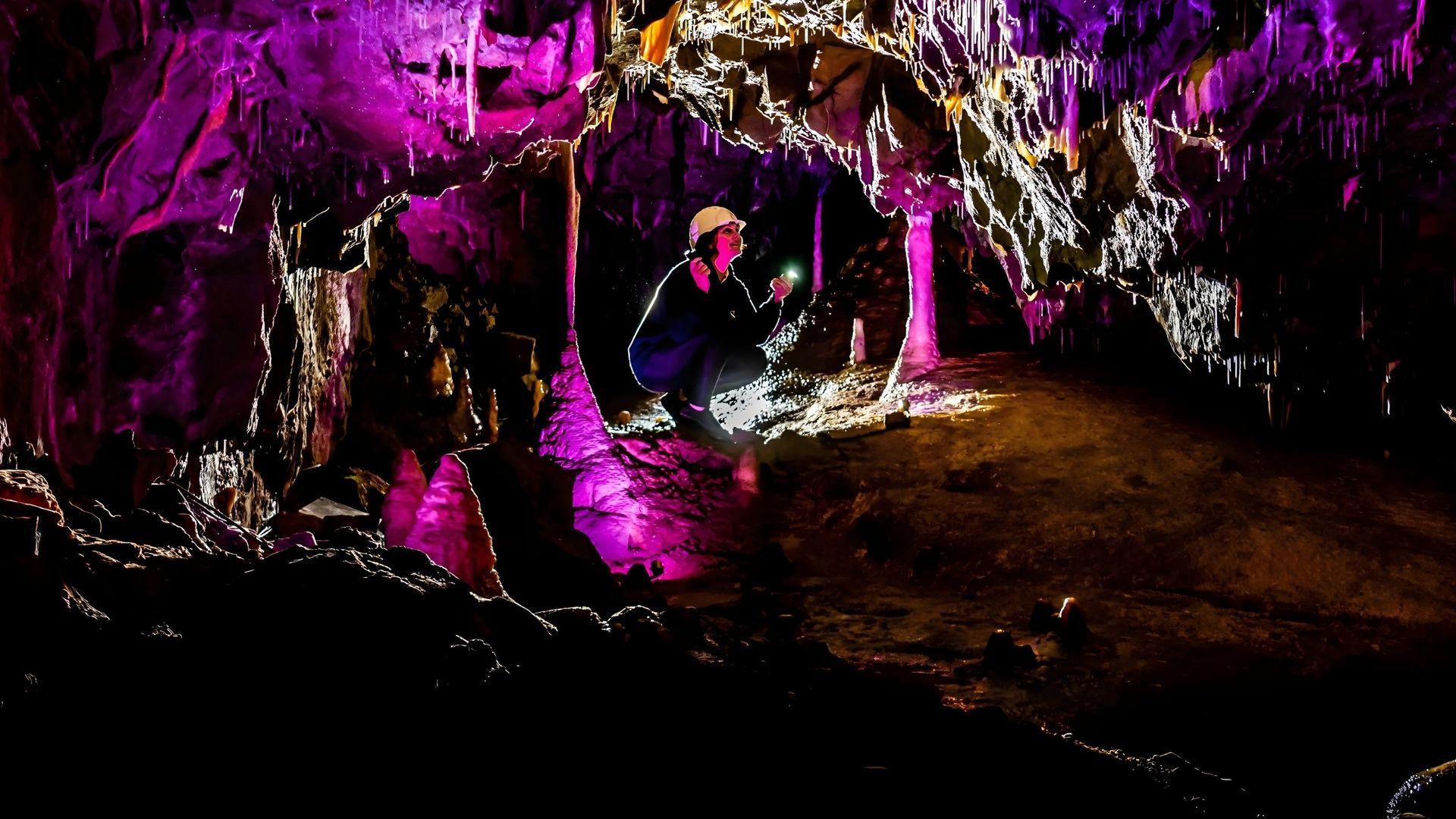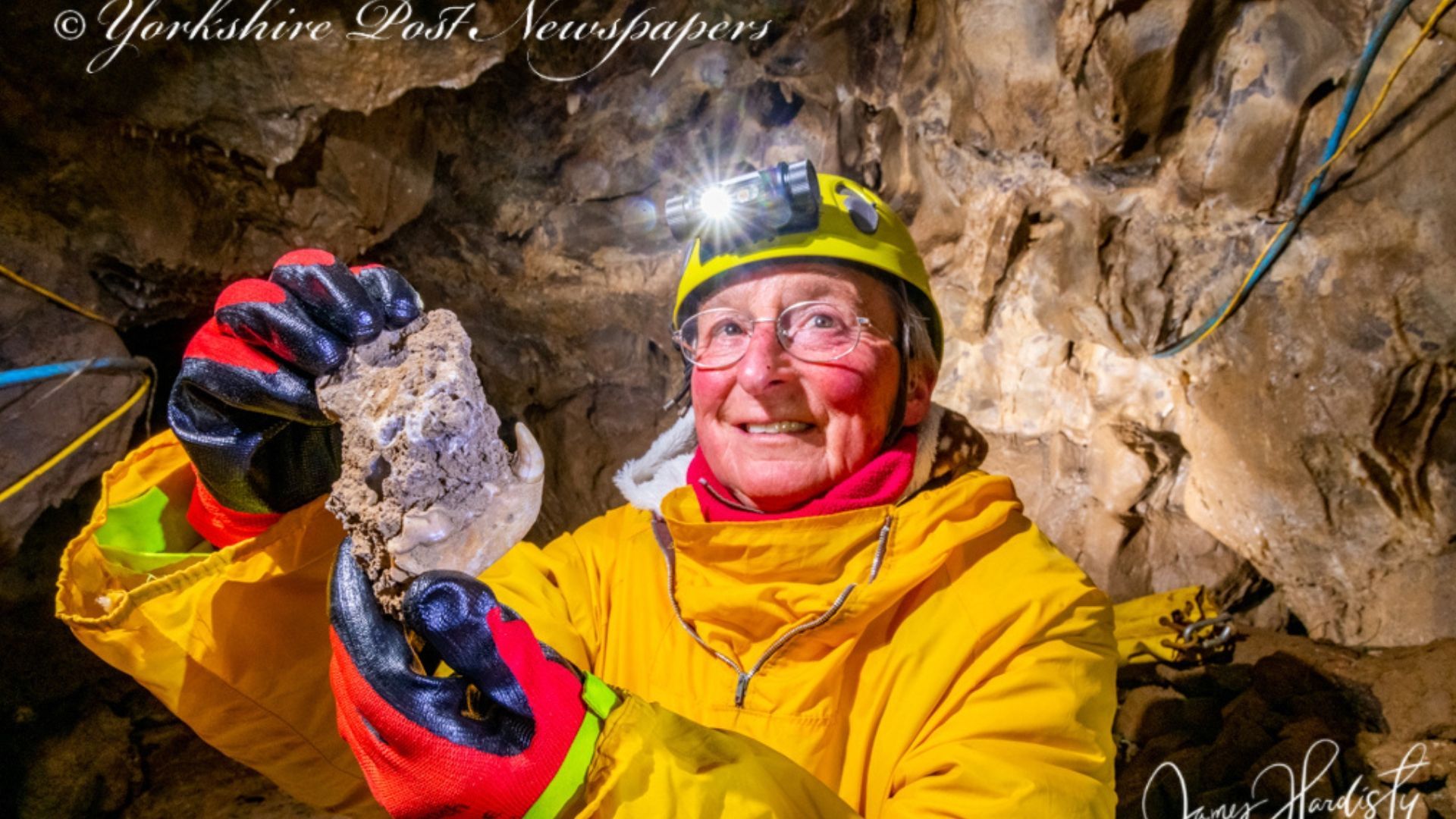Are you a homeschooling parent? Learn tips and tricks to keep science lessons fresh, fun and engaging.
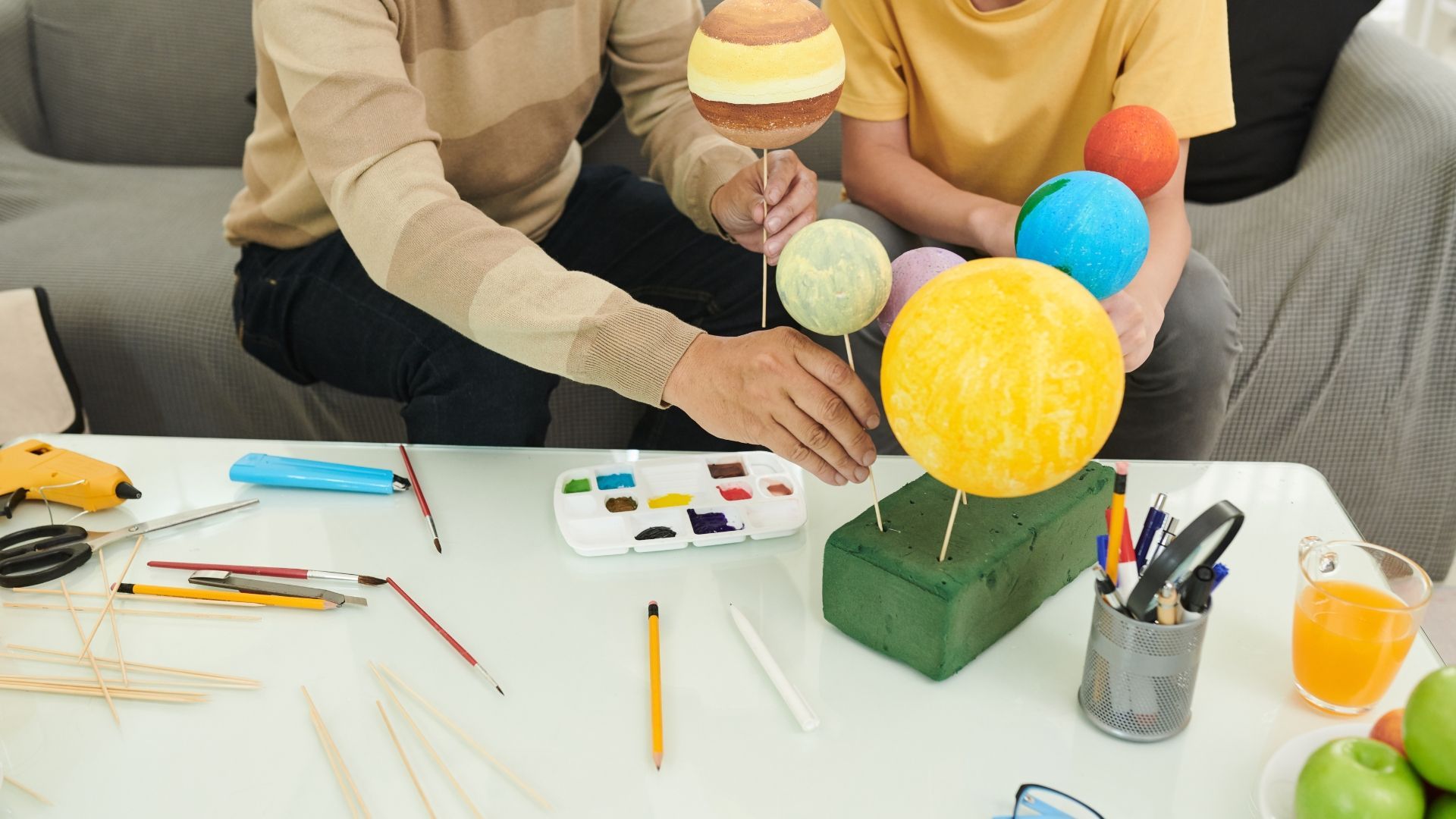
Homeschooling can offer benefits for kids. Compared to classroom teaching, it can provide more flexibility, more opportunities for individualised learning and the freedom to explore specific interests.
But what can you do when they just can't engage with a subject?
Often, parents can find that kids are enthusiastic about subjects that offer lots of creative freedom and self-expression (take art, for example).
Introduce something a little more analytical, like science, however, and many kids lose interest. Their minds begin to wander, and their education can start to feel more like a battle than an adventure.
It's understandable. Trudging through textbooks and memorising scientific equations can be tedious and feel downright abstract for your homeschooler.
What's the answer?
It's all about making science fun. If you can pull this off, your child will be more interested and enthusiastic about the subject. With a little luck, they won't just engage with lessons – they'll look forward to them, too.
The benefits don't stop there. Passion for a subject often breeds self-confidence and nurtures a positive attitude towards learning – both essential for your child's future endeavours.
It's not easy, though. Mastering the art of fun, engaging lessons takes time and effort – from you and your homeschooler.
The good news is that you're not on your own. Here at Stump Cross Caverns, we're passionate about learning through play – and with our educational workshops, we've helped hundreds of kids get excited about STEM.
In this guide, we share five tips to help you make learning science fun – plus a few ideas for activities to get you started.
How to keep science fun for homeschoolers
1. Keep it relevant
Remember that science is, essentially, the study of the world around us.
Personalising your homeschooler's science lessons will help them connect their learning to their own lives and experiences. This can make science less abstract and more accessible for many kids.
2. Ask and encourage questions
Curiosity and enthusiasm go hand-in-hand, so take advantage of your child's questions. A simple "how?" or "why?" from you or your homeschooler can spark a world of investigation.
Asking questions is actually a fundamental part of science, after all. Those hows and whys can incite hypotheses, drive experiments and fuel curiosity
3. Support exploration
Remember that science is sometimes messy. Lots of children (and sometimes parents) can be deterred from the subject if they are anxious about the hands-on elements of it.
This could be for a number of reasons, including a lack of self-confidence or a sensory overwhelm.
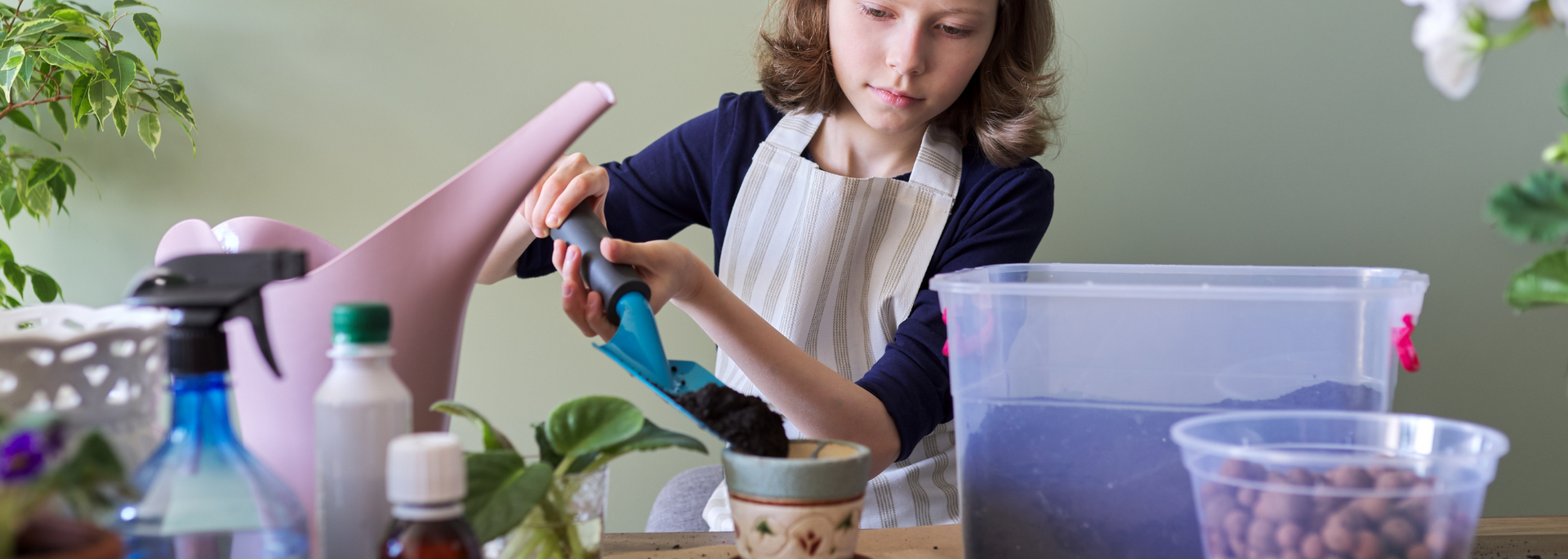
The best thing to do is lead by example. Try to get involved with messy science experiments, even if it makes you a little squeamish.
It's all for the greater good. Remember that interactive lessons can often be the most memorable.
4. Celebrate trial and error
Many children can be disheartened by mistakes or "failed" experiments in science – but trial and error is actually a fundamental part of learning. Not only does it help develop problem-solving skills, but it also more accurately reflects the scientific process.
Challenging a negative mindset on trial and error opens up a space for curiosity and exploration. It can help reduce the fear of failure and make more demanding scientific concepts more accessible.
5. Follow their lead
Children, by nature, seek out information on topics that interest them. So, if you find your homeschooler dragging their feet in science lessons, try steering the teaching towards something they're already passionate about.
Do they love space? Investigate celestial bodies, gravity or the properties of light. Are they a little dinosaur enthusiast? Delve into fossil formation, plate tectonics and evolution.
Practical ideas for fun science teaching
Start a project together
Starting a project with your homeschooler can be a great way to add some excitement to your science lessons.
The project can cover any subject you like. Why not create a model of our Solar System? Or craft a PowerPoint presentation on plant cells?
Home in on an area of interest for your child and create something fun together. It's even better if you can involve a range of skills, such as art, drama and IT.
A science project promotes critical thinking and encourages curiosity and collaboration. It also provides a welcome opportunity for some hands-on learning.
Start a collection
Creating a physical collection can be a wonderful way to spark your child's passion for science.
The collection can include anything of scientific interest. However, you'll have more luck if you focus on things that can be found or sourced fairly easily. That includes things like:
- Fossils
- Rocks
- Shells
- Feathers
- Pressed plants
Giving your child the opportunity to hold, manipulate and examine their collection up close brings a new aspect to your science lessons. It can also help spark curiosity and develop research skills.
Experiment at home
No matter your homeschooler's age, an at-home science experiment is always a good option for a memorable lesson. The hands-on aspects are hard to resist, even for the most reluctant little scientists.
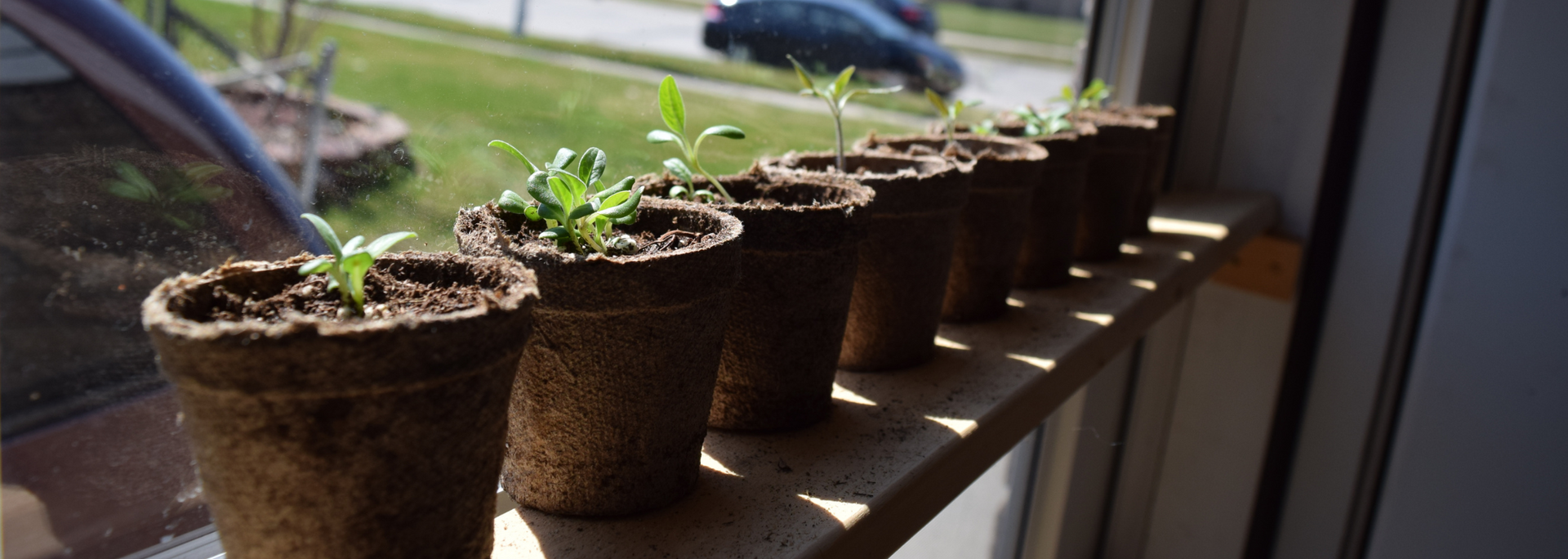
Popular home science experiments include:
- Making a "volcano" using vinegar and bicarbonate of soda
- Germinating seeds
- Building simple electric circuits
Not only do experiments help make learning fun and engaging, but they also develop problem-solving, prediction and analysis skills. Moreover, they let kids see real-world applications of the scientific concepts they've learnt.
Take advantage of resources
While textbooks and worksheets can be effective for some kids, there are many other learning resources available that they may find more enjoyable or accessible.
Take advantage of alternative resources to add diversity to your child's learning experience. Think documentaries, educational YouTube channels, libraries and virtual labs.
Or why not try our educational activities for kids? These online lessons focus on science and history at Key Stage 2. They're great fun – and, best of all, they're totally free. Dig in!
Get outside
Feel like your homeschoolers are in a science learning slump? Sometimes, there's no better remedy than getting outside. After all, science is around us all the time – we just need to get out there and look for it.
Start by researching your local area. No doubt there'll be places of scientific interest to explore. Perhaps you'll find your next science lesson at a local park, nature reserve or body of water.
Take a field trip
Nothing enhances your homeschooler's science lessons like an educational excursion. Taking them to a local science museum or educational means more than a fun day out. With a little luck, it can lay the foundations for a lifelong passion for science.
A field trip provides real-world experience and application of scientific concepts as well as hands-on experience. It can inspire curiosity and enhance motivation and engagement in the subject while offering an opportunity to meet and question experts in the field.
Home Education Days at Stump Cross Caverns
Here at Stump Cross Caverns in the Yorkshire Dales, we offer special Home Education Days tailored to homeschoolers and their parents.
These engaging and interactive sessions take your homeschooler on an unforgettable adventure into the world of science. You'll go on a guided tour of our awe-inspiring underground caverns, peppered with interesting facts from one of our experienced educators.
And that's not all. Each session includes a hands-on workshop covering the wonders of space or the amazing world of fossils. Finally, you can venture back into the caves for our UV Experience. With a special UV torch in hand, you'll watch the cave walls light up and glow like magic.
Ready for a science lesson like no other? Secure your spot at our nextsession today.



